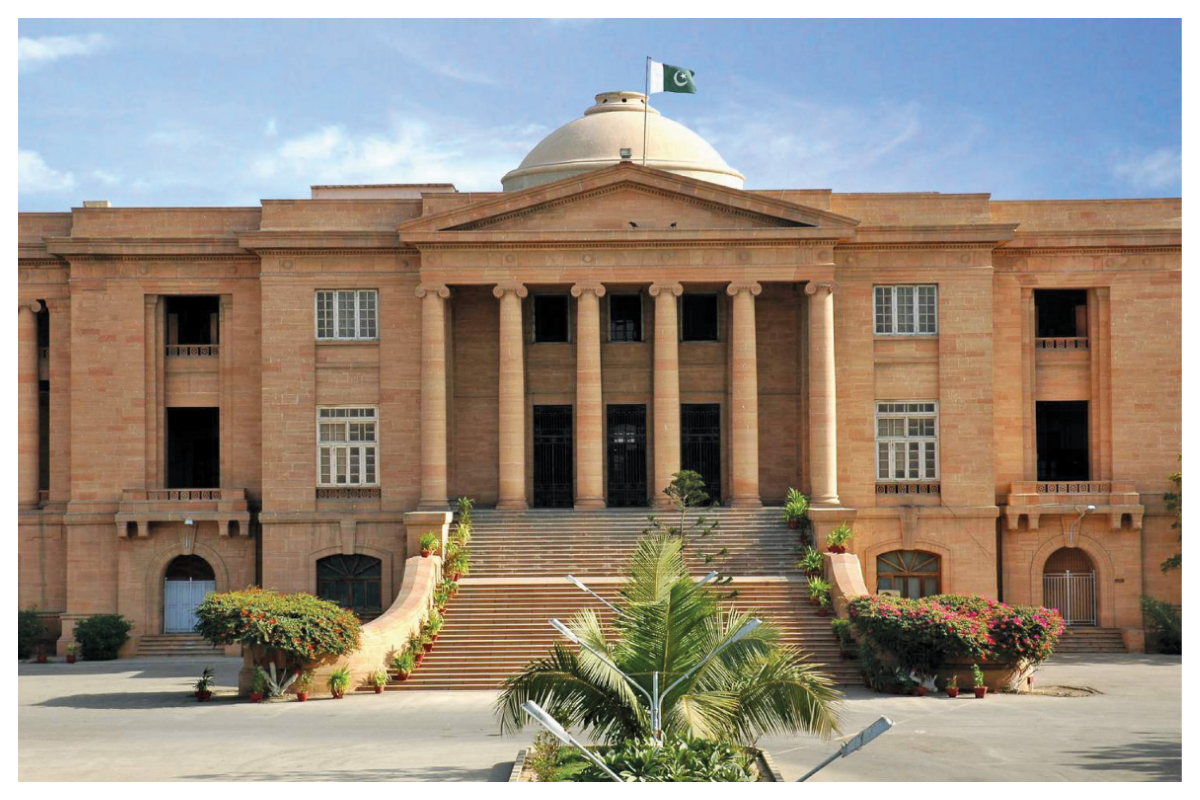
Licensed Profession
SHC resolves a longstanding dispute regarding the accreditation authority for accountancy education
Karachi: The Sindh High Court (SHC) settled a more than decade-long dispute over the monopoly of certification of accountancy education in the country by dismissing the petitions of the Institute of Chartered Accountants of Pakistan (ICAP) and the Institute of Cost and Management Accountants of Pakistan (ICMAP), which claim to regulate the education, training, and certification of persons aspiring to those particular qualifications and accreditations under the Chartered Accountants Ordinance (CAO) of 1961 and the Cost and Management Accountants Act (C&MAA) of 1966, respectively.
In 2015, the two institutes invoked the SHC’s jurisdiction under Article 199 of the Constitution, claiming to be the custodians and gatekeepers of the accounting profession in Pakistan, in order to challenge what they saw as an infringement on their domain by the Institute of Certified Public Accountants of Pakistan (ICPAP).
The petitioners asserted that the ICPAP, a society registered under the Societies Registration Act (SRA) 1860 in 1992 to advance the theory and practise of accounting in all of its aspects, as per its own showing, provides training in accounting, finance, auditing, management, corporate law, and tax laws to students in order to help them earn the qualification of a certified public accountant (CPA), a certificate programme offered by the American Institute of Certified Public Accountants (AICPA), without any accreditation from the American Institute and merely creating the impression that it was an American certification.
No institution or individual other than one registered with the petitioners can be permitted to operate as a parallel institute within the jurisdiction, according to the petitioners’ argument that they collectively regulate the profession of accountancy in Pakistan under the terms of the COA and C&MAA. ICPAP, however, operates to impart education and training in the discipline of accounting that leads to the qualification of a CPA without being accredited by any reputable institution or a professional body, whether in Pakistan or overseas, and without being subject to any statutory regulation.
The petitioners requested that the court issue a writ declaring that it is unlawful for the ICPAP to provide training and education in accountancy to students, executives, professionals, or any other person, leading to a CPA or any other foreign or local qualification in the field of accountancy, and that it (the ICPAP) be restrained from functioning in that manner. Additionally, they asked the court to issue orders directing the federal government, the Securities and Exchange Commission of Pakistan (SECP), and the Registrar of Joint Stock Companies to halt the operation of the ICPAP and revoke its SRA registration.
In a statement, the ICAP and ICMAP claimed that since 2007, they have been approaching various fora to demand that ICPAP cease offering accounting education and issuing certificates for different courses without first registering with them. When no action was taken, they turned to the court as a last resort to plead that Articles 18 and 25 of the Constitution had been violated.
In his 23-page judgement, Justice Yousuf Ali Sayeed of the two-member bench presided over by SHC Chief Justice Ahmed Ali M Shaikh discussed in great detail the distinction between licenced and unlicensed professions and held that the licenced professions are practised exclusively by certain institutions and that doing so without a licence is deemed an offence subject to criminal penalties.
Giving examples of various professions, Justice Yousuf said that in accordance with the law governing their practice, the professions of law, medicine, and engineering cannot be practised without obtaining licences from bar councils, the Pakistan Medical and Dental Council (PMDC), and the Pakistan Engineering Council (PEC), respectively. But he asserted that, like many other professions, accounting is not a licenced profession and, as a result, has a lax regulatory framework.
According to Justice Yousuf, quoting from the certification and registration laws of the petitioners, there is no requirement in Article 18 of the Constitution or in any other law for all professions to be regulated, nor is it necessary for all professions to be policed and be subject to equal levels of control. It is up to the legislature to determine whether regulation is necessary in the public interest in a given situation and, if so, to what extent.
Holding that the petitioners may use the sanctions specified by COA and C&MAA if they believe that some institute is giving their certifications without being a member of them, as the ICPAP does not claim to be a registered member of the petitioners.
Since Ministerial Decree No. 148 of 2012 issued by the Ministry of Economy allowed ICPAP members to establish and operate audit and accounting firms in the UAE region, the ruling would also be a relief to hundreds of accounting firms and individuals who are council members of the UAE Chapter of ICPAP and are currently working and providing accounting services in the UAE.
The UAE Chapter of ICPAP had also asked to join the petitions as an intervener, but the court denied the motion on the grounds that its fate was intertwined with that of its parent institution.
Catch all the National Nerve News, Breaking News Event and Latest News Updates on The BOL News
Download The BOL News App to get the Daily News Update & Live News.












 Read the complete story text.
Read the complete story text. Listen to audio of the story.
Listen to audio of the story.